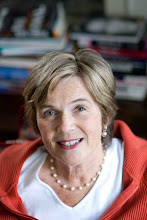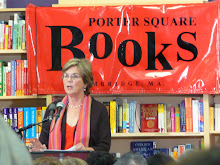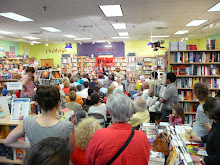More on Harvard: (Note: Harvard still has all-male final clubs)
I also want to say that I am loving the book. I especially love the fact that it is combining history and personal life, something that, as you mention, many women's memoirs fail to do. I am a few years younger than you, but you refreshed my memory about the obnoxious rule differences in college (the parietals) between men and women, and in general the vast differences in treatment which I never fully realized until the consciousness-raising groups of the early Women's Movement turned on that little lightbulb in my brain. Once it had, I wrote an article in the Harvard Crimson (I was a grad student then) that noted my new-found realization of the differences between the treatment of men and women at Harvard (in some ways a great test case for gender inequality, precisely because both men and women were so privileged, in general). Despite the fact that women at Radcliffe, which was a part of Harvard then(we were the second class to get a Harvard diploma) Women: 1. came from even higher income brackets than the men (I think football scholarships affected that) and did better academically than the men, we were not allowed to direct plays or edit the Crimson, or generally run an y clubs 2. had parietals and rules while they didn't 3. worked in our dormitory kitchens washing dishes and cleaning up, while they had maids to do that (my first memory of my Radcliffe dorm, when I came on an application visit, was seeing the beautiful daughter of Charles Lindbergh- Anne after her mother- drying dishes in the kitchen) 4. rode bikes and walked to Harvard Yard for classes (when they made the Radcliffe dorms co-ed, they provided bus service!) and of course, 5. had no female professors. Women authors were never studied in literature classes. Male science professors openly said women shouldn't be scientists. Some of these slights may have been small in themselves. I had no problem washing dishes or riding my bike, but taken as whole it made up an inferior status for women and a deep sense of inferiority for ourselves. I'm sure it played a role in my allowing myself to remain too long in a relationship where my Harvard boyfriend, in a jealous rage, beat me up in a parking lot behind the old Cahaly's, breaking both my nose and my best barrette.
Anyway, thank you so much for your excellent book. I will recommend it to my newly formed book club, which is composed of great women who are your and my ages, and lived through this time shift in one way or another.
Susan J.




